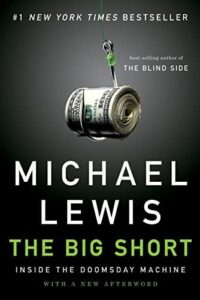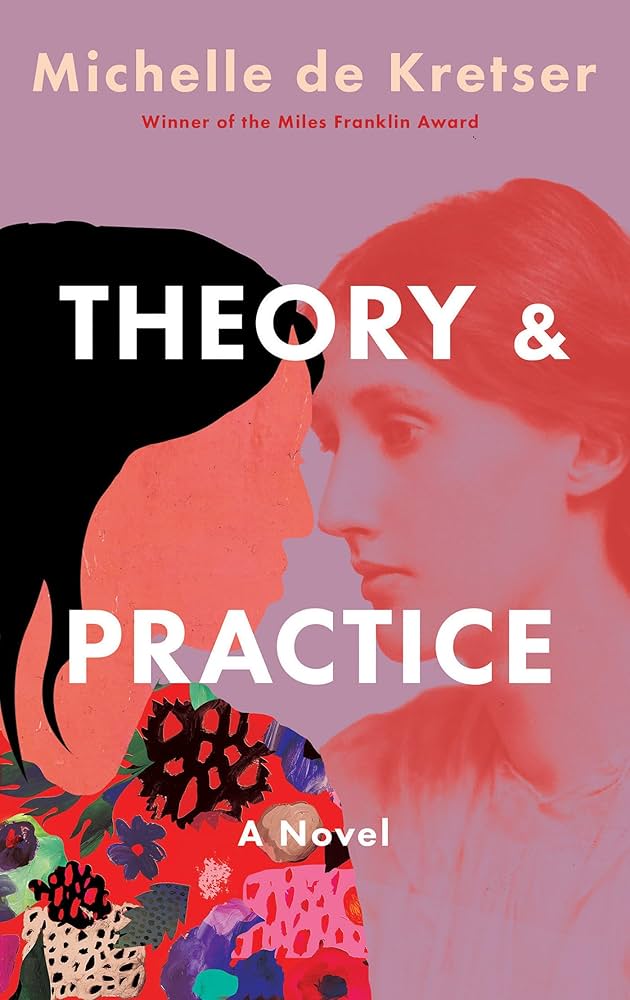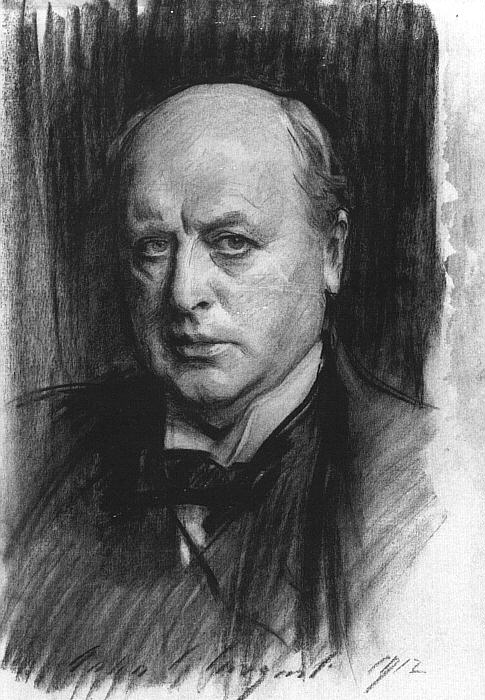Curated by SOFIA BELIMOVA
Happy new year! If you’re hoping to read more in 2023, we’ve got just the thing for you: exciting book recommendations from our contributors. From reportage that reads like a page turner to romance against the backdrop of political turmoil, these exhilarating books are perfect for cozying up somewhere warm.
Michael Lewis’s The Big Short, recommended by Alex Foster (contributor)
I first read The Big Short as an undergraduate studying economics, when the Great Recession was still the last recession and American readers still cared about understanding its cause. At that time, the book was to me a well-communicated explanation of the financial crisis, possibly even a unique testament to an American decade, but now the book presents such a profundity that I find myself rereading it as literature.
Michael Lewis as narrator, balancing patient analysis against sincere admissions of confusion, recalls Philip Roth’s narrator Nathan Zuckerman or any self-realized memoirist earnestly struggling to understand their relation to the people around them. And in this book, Lewis is not wanting for memorable company: from hustling kids trying to fit in on Wall Street to the bullied fund manager who’s decided he’ll never fit in anywhere (he hilariously blames every failed social interaction on the fact that he has a glass eye). The Big Short supervises an enormous cast of energetic oddballs whose paths cross with the complexity of a postmodern maximalist “systems” plot. And it does so in under 300 pages while giving each character more attention and compassion than many maximalist fictions accommodate at twice the length.
But what really elevates The Big Short from well-crafted reportage to literature is that its insights are timeless, at least to me reading in 2022. I’m finding that it has so much to offer—not only facts, but wisdom—that to read it as a business book, as I once did, is like reading War and Peace as a mere history primer.
The book’s preoccupations are moral. It asks, for example, how we might act sensibly in a senseless society. I’m particularly impressed with Lewis’s wisdom on the morality of risk. In The Big Short, the risktakers are those who tried to subvert the financial crisis. They’re the ones who blew their whistles and refused to bet with the market. The crooks, on the other hand, were just keeping their heads down and going with the flow. This account runs quietly contrary to received wisdom, which holds that the crisis was caused by “risky” financial behavior. Lewis’s insight here can’t just be attributed to a good grasp of financial-system incentive structures, nor is that all the readers are left with. Rather, it lives in a deep understanding of what it feels like to be a human in society, what feels risky to people, what things we’re afraid to lose.
Lewis gets to the heart of how we pursue and protect the things we hold dear, and he tells an honest story of loss—not just material, but existential. His incredible book reveals our vulnerability to the social currents around us. It mourns the limits on our capacity to change those currents. And it celebrates the profound possibilities that, even within those limits, might yet be accessed through reason and courage.
Mihail Sebastian’s The Accident, recommended by Irina Hrinoschi (contributor)
“Nora, do you think that skiing can save a person? Can it change a life?”
Paul, a lawyer, and Nora, a French teacher, are two lonely, mildly hedonistic urbanites and the main characters of Mihail Sebastian’s novel The Accident. They meet in a cliché rom-com way: Nora falls out of a moving tram, sustains a minor unspecified injury (“All right, something’s broken. But what?”) and decides that Paul, an unempathetic witness to the accident (“…this isn’t a stop” is how he chimes in), is the one to help her home. It turns out it’s his 30th birthday and if it weren’t for their chance encounter, he’d be spending it alone. There’s some champagne, sex and (spoiler) eventually a possibly enduring romance. There’s also a last-minute ski trip to the mountains and lots of conflicted longing for an on-again-off-again lover, a painter who’s busy making her artistic career happen, something Paul admires and deeply resents. The third person narrator swerves between Nora’s and Paul’s perspective, the prose is modern, unsentimental, and there is Sebastian’s dry wit, which really shines in his dialogues. There’s no mention of commitment or marriage. Throw in some apps and take-away and this novel could be set in today’s world. But Sebastian’s story is set in mid-1930s Romania. A freeze-frame of that cosmopolitan interwar society people idealize: daytime lace gloves and cigarettes, artists and bohemians drinking until the early hours in chic bars, skiing in the Carpathians. The novel is also a Trojan horse. Under the guise of a modern love story, the author delivers an ode to multiculturalism, written at a time when Romania, like other European countries, was drifting towards fascism—something Sebastian, who was Jewish, felt directly. The Accident was published in 1940, the year the Iron Guard, Romania’s most important fascist movement, rose to power. Like his main character, Sebastian, a lawyer by trade, had been disbarred by then due to antisemitic laws, and in 1941, Romania entered the war on Nazi Germany’s side.
But Nora and Paul’s world is the one right before—a world at a tipping point, filled with apprehension, but also hope. On their trip to the mountains, they meet and befriend a melancholic young man, Günther. And it’s this platonic threesome that forms the heart of the story: Nora, the Romanian; Günther, the Saxon; Paul, the Jew. The author doesn’t spell out the ethnicities, three of Romania’s traditional cultural groups, but they can be deduced.
Sebastian resorts to his literary specialty, the healing huis clos—in this case Günther’s wooden cabin in the snowy Carpathians—where the air, sun, and skiing appear to cleanse the protagonists of their everyday anxieties. In this alpine nirvana, interethnic camaraderie and friendship are not only possible, they’re the natural state of things. This cabin in the woods is a womb-like creature, where Paul and Günther would like to stay forever. Nora knows they can’t.
Sebastian alludes to a world of brewing dangers: fascist political systems founded on perverted national myths. And his characters sense on some level that they’re under a glass bell, one that history might sweep away: when Nazi border guards get on the train in Germany, Paul has a panic attack.
“Nora, do you think that skiing can save a person? Can it change a life?” Paul asks.
In the end, as Nora says, “the important thing is not to let ourselves be defeated again.”
Sebastian asks us to reflect on the benefits of community and pluralism—not just as individuals, but as a society on the verge of losing itself to intolerance and hate. A valid question for us today.






